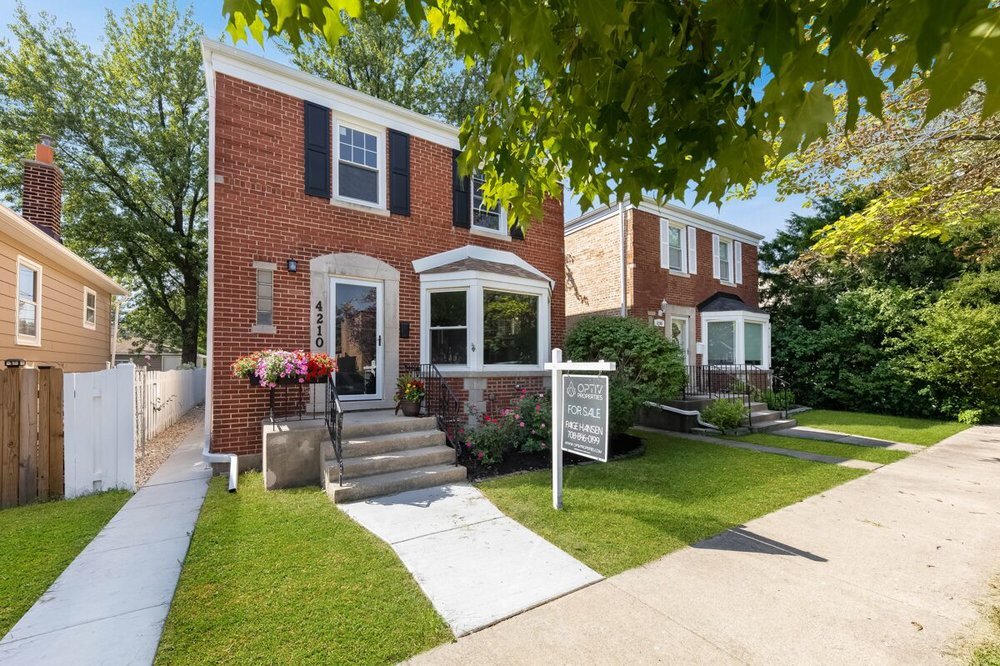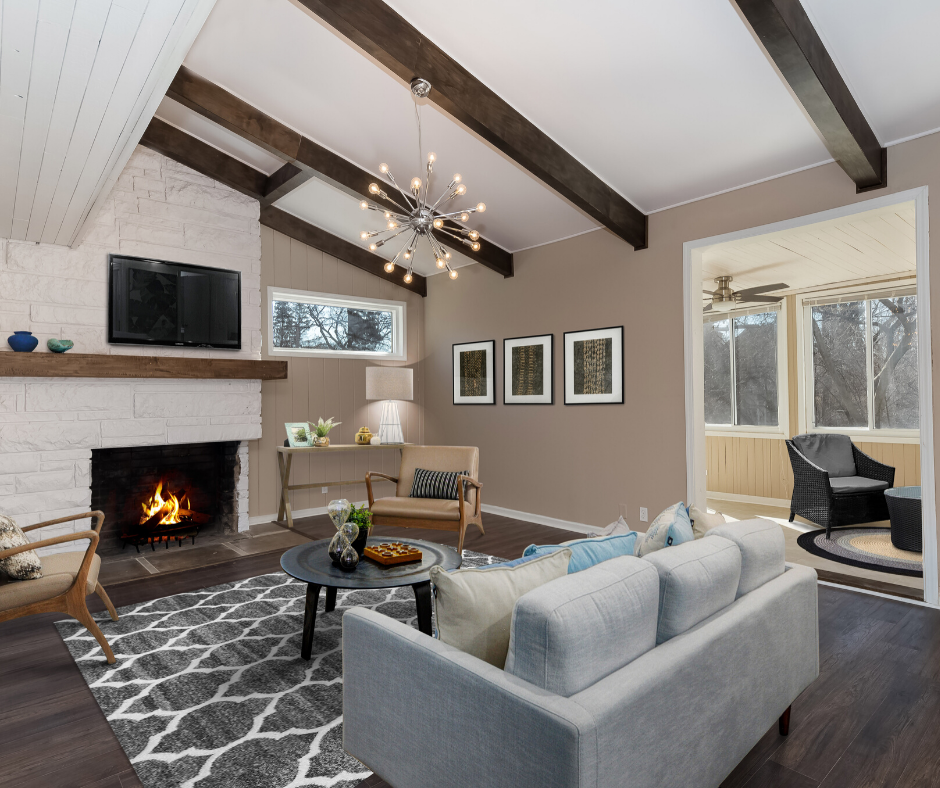With COVID-19 coming into the picture, there are a lot of questions in regards to how it is affecting the Real Estate market. Although there is obvious stress with current conditions and restrictions, the industry is still managing to continue, safely.
Changes in Procedure
With social distancing in place, real estate professionals have to find ways in which to adjust. Open houses are no longer allowed, sellers are more likely to require all showings to provide a pre-approval before confirming access, and agents are minimizing visits from themselves, photographers, stagers, etc. Attendance at closings is limited to only the buyer and a representative from the title company, with some title companies only doing drive-up closings where the buyer remains in their vehicle. The takeaways: Less face to face/ in-person contact, more streamlined and efficient processes, higher utilization of technology, no open houses.
Changes in Lending & Mortgages
This is an aspect that is rapidly evolving on a daily basis as lenders tighten their belts. Most lenders are requiring higher credit scores, larger down payments, and some are even temporarily suspending certain loan products such as jumbo loans. On the flip side, existing mortgage holders are seeking relief from their lenders’ new forbearance plans and some are taking advantage of low rates and refinancing. It’s extremely important to be fully educated on your lender’s forbearance policies before making the decision to skip a payment. The takeaways: raised borrowing standards across the board, some loan products are temporarily unavailable, forbearance plans offered to current mortgage holders, and refinancing could be a money saving option.
Changes in Stats & Price
This is what we all really want to know: what does all this boil down to when we look at the numbers? Surprisingly, for Cook, Will, and DuPage counties, Real Estate has found a way to remain strong. In comparison to the last three years in the aforementioned counties:
Home sale prices are up by an average of 2.86%
Listings on average close for 97.5% of asking price
There is a 1% increase in the number of homes currently under contract
There is a less than 1% in the number of homes closed
Market time/days on market is increased by 8%
As COVID-19 continues to change our world, the Real Estate market and professionals who work within it have adjusted as well. If you have any questions in regards to buying or selling during the pandemic please do not hesitate to reach out. Be well and stay healthy!

























